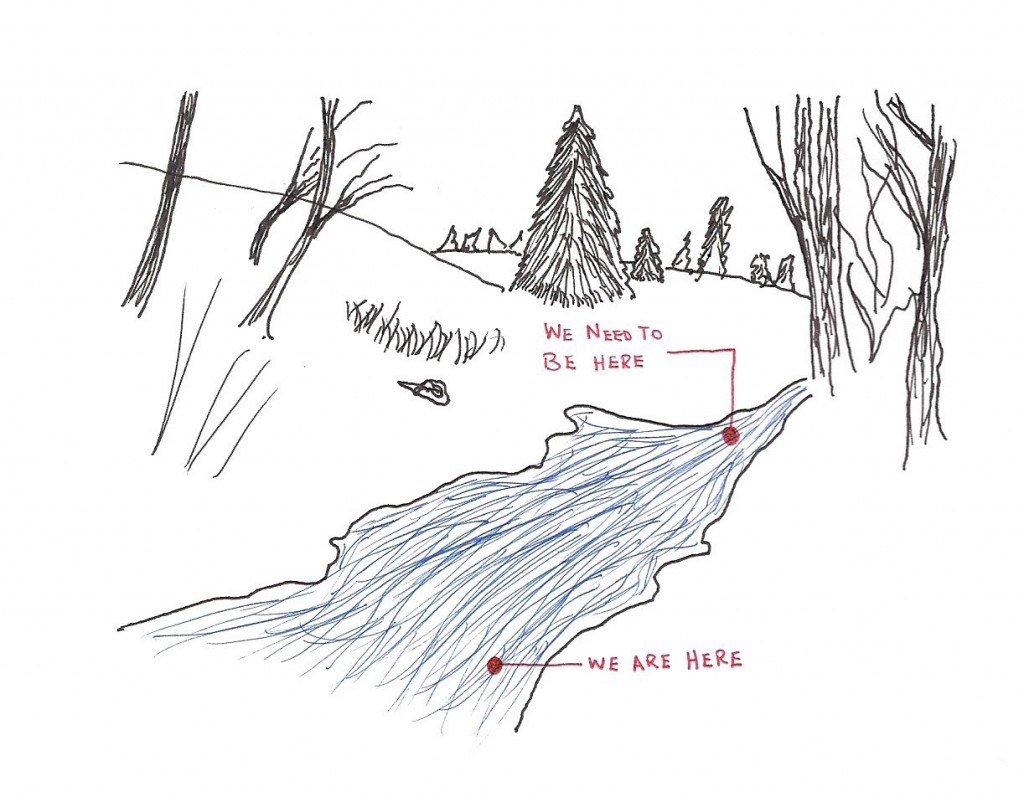I remember my first day in the classroom. It was a sunny, hot, late-August day. Students filed in, racing for the newest of the 8086 machines in the room. This was before there were networks – these babies were smoking hot monochrome’s (green screen and orange screen) with 5 1/4″ floppy’s – some with dual drives! At that time, there were no methods classes/programs for teaching technology, no instructional or assessment strategies for integrating technologies into the curriculum. Instead, the people who taught these programs were real geeks (when it was not cool to be a geek). Being evaluated was easy – as most administrators were scared to enter a technology classroom and could not wait to get out.
That was 20+ years ago. Schools of Education & Faculties of Education have evolved dramatically to the point where I dare say that every program has some form of technology integration built in. Teachers are graduating with a set of skills that enable them to integrate technology into the curriculum ubiquitously. In addition to this, Administrators are highly engaged and there are a plethora of programs available to them to effectively measure the effectiveness of technology instruction in the classroom.
But what about online and blended? There is a belief by many that new teachers and instructors at both the K-12 and Higher Ed levels are fully prepared to teach online They know how to Google, text message, IM, Skype, tweet, etc, etc, etc. The question is, do these skills translate into knowing how to be an effective online instructor?
Short answer: No.
The first wave of teachers/instructors teaching online at the HE and K-12 level are equivalent to the geeks that were teaching technology in the classroom 20+ years ago. They are the early adopters, supercharged with energy, willing and able to try new things, adapt quickly, change, change again tomorrow, change again the day after that. They go from dusk to dawn often forgetting to eat a meal or take a break. They thrive on it – living on adrenalin and Red Bull.
When online programs launch, it is easy to find these teachers/instructors. You offer them the flexibly of working remotely, the ability to be 100% student centered (why most people want to teach in the first place), and the ability to be part of something that will revolutionize education. Offer these three things and you literally get the cream of the crop when it comes to applicants.
But that was Phase I. What happens after you have exhausted this group of teachers/instructors? What then?
The solution needs to be a two-pronged approach:
1. Rigorous Professional Learning Programs for existing teachers/instructors
2. Pre-Service Programs
PROFESSIONAL LEARNING PROGRAMS
A number of mature online programs have developed exemplary induction and continuous learning programs to foster the growth of their online teachers/instructors. In K-12, two come to mind:
@FLVS has established a stellar teacher induction and growth program that consists of on-ground training, technology training, communications training, facilitation, problem solving, student performance, and customer service (I love the customer service piece – of course, when you are funded based on your student’s success, it is a no-brainer). Then they top it off with mentoring and on-going web-based learning sessions… all archived so their teachers can learn any time any place (sound familiar?).
@Connections4U has a very compelling model where most of their teachers in any given state work together in a physical location which allows for just-in-time professional development and mentoring by seasoned teachers and coaching from their instructional leaders. Their Professional Learning Communities allow teachers to develop skills and offer support on an on-going basis.
In the Higher Ed space, the Louisiana Community & Technical College system is developing a flagship program to ensure their instructors are student-centered and are prepared to teach online.
LCTCS is a consortium of 16 independently governed and accredited community and technical colleges. They have a central college, LCTCS Online that provides centralized online services to sister colleges. All faculty are adjunct and work remotely. With this, LCTCS Online has developed a mandatory online training program that fosters a sense of community and prepares instructors to be successful online instructors.
PRESERVICE PROGRAMS
With online learning enrollment growth far eclipsing on-ground enrollment growth, much more will need to be done to address the pending tsunami of online and blended students that are coming. We (the online learning community), need to go far upstream and work together with Schools of Education / Faculties of Education to develop stellar pre-service programs that will provide K-12 teachers with the expertise they need to be successful in this rapidly growing medium.
On the Higher Ed side, US News & World Report reported this week on how online education may transform higher education. They noted training professors will be essential to the success of online programs:
‘Standardized methods for training professors to teach online is another potential change on the horizon, and one that is essential to online education’s future viability, experts claim. Currently, there is no standard for training professors to teach online courses. That need could be met by an association of online schools introducing a pedagogy or could be regulated by an accrediting body, says the Sloan Survey’s Allen.
It’s a void that will need to be filled for the quality of online education to increase and for online instruction to be widely accepted at mainstream universities, she says. “Training is all over the map,” Allen adds. “We need to do something about that to address quality.” ‘
The most exciting news is that for all of us that have been pushing on that online learning and blended learning flywheel (‘Flywheel Concept‘ as Jim Collins calls it in Good to Great), we have made it through those first few turns and now have the machine moving. More and more programs are being deliberate in how they train their teachers/instructors – which will result in a much richer and more rewarding learning experience for students.



